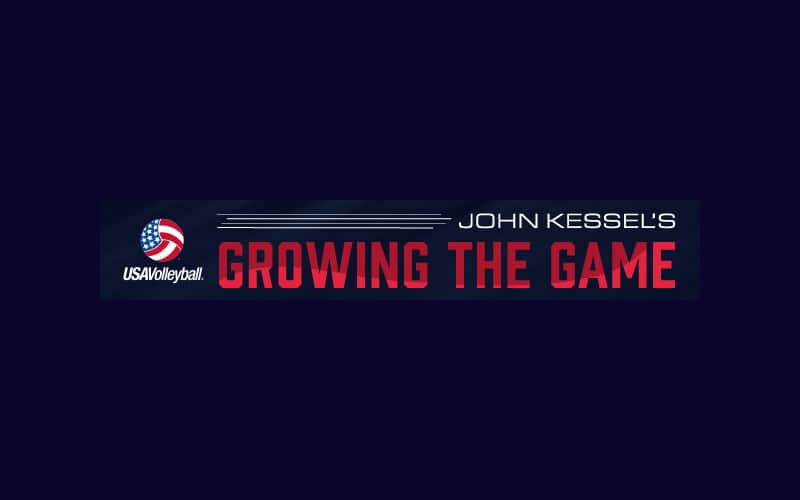
Some of you who have taken USAV’s IMPACT course may recognize the phrase, “Be Consistent,” as core to being the best coach you can be.
This philosophy came from an encounter I had while flying back from the 1988 Seoul Olympics. Head Coach Marv Dunphy, who had just led the U.S. Men’s Team to a second Olympic gold medal, was on the flight with me.
During the flight, I asked Marv about his BYU thesis on legendary UCLA men’s basketball coach John Wooden. I asked him to tell me, in 25 words or less, what he had learned from Coach Wooden that should be in the IMPACT manual I was writing. Marv said, “John, I don’t need 25 words; I just need two: ’Be consistent.’ That was what I learned the most; how he treated everyone fairly, but not equally; how he never bruised the dignity of the player being disciplined, which is done for someone, never to someone. He was always consistent so his players could rely on him.”
The most important poster in my office is from John Wooden’s 1972 book They Call Me Coach. It is his PYRAMID OF SUCCESS poster. His core thoughts about coaching and success are timeless: “Success is the peace of mind which is a direct result of self-satisfaction in knowing you did your best to become the best you are capable of becoming.”
After a game, he would ask his players to reflect on if they did that. If they had, he told them to take a shower. If not, they should think about what they would work on in the next practice, then to head to the showers.
I have had the poster for decades and I still carry it with me in my briefcase.
More good information on being a better coach is available. This week, the Aspen Institute’s Project Play (see checklist below) released its Calls for Coaches: Coaching Social & Emotional Skills in Youth Sports.
The project began as a white paper, Coaching Social and Emotional Skills in Youth Sports, commissioned from the EASEL Lab at the Harvard Graduate School of Education and was funded by the Susan Crown Exchange. I “attended” the two-hour livestream, which you can watch HERE. The skills included resilience, grit, empathy, problem solving and teamwork.
For me, the things that resonated (and re-reminded me, as most have been already discussed in previous GTGT blogs) were: Focus on being a transformational leader, not a transactional coach; to “Know your why”; Mistakes are simply opportunities to improve; You either win or you learn; My job is to give them a love of the game and of learning; and that I coach for the 99 percent not the 1 percent who are elite. Two things that jumped out to me were that you can’t see mental injuries caused by things away from your practice and the “social media scoreboard” that causes kids anxiety and stress.
The Calls for Coaches are: Know Every Athlete’s Story…. Establish a Supportive Team Culture… Celebrate Effort (Embody effective leadership strategies that emphasize effort, autonomy and learning)….Focus on the Skills that Matter….Be a Role Model… .Be Coachable… Join Forces. I found that the kids on stage were as wise as the adults. They wanted coaches to see them as more than a player of a sport and wanted them to coach with an open heart.
Every speaker had to share the biggest impact of their most influential coach. One cross-country coach had a powerful comment worth sharing: A coach should never say, “What did YOU do wrong.” If you are in the process WITH your athletes, then you must discuss it together, not single them out.
A wise, always-learning coach, Loren Anderson of Rise Academy in Idaho, shared another great video, from the Sports Analytics Conference streamed live on March 2.
“Making the Modern Athlete” is a conversation with David Epstein (author of a new book called Range: How Generalists Triumph in a Specialized World) and Malcolm Gladwell (whose newest book is Talking to Strangers.) I HIGHLY recommend spending 56 of your precious life minutes listening to this conversation right now, as it is about unstructured play and player development through the research.
I would love to hear your thoughts on any or all of the above. Sharing your own insights on how we all can be better teachers of sport.

